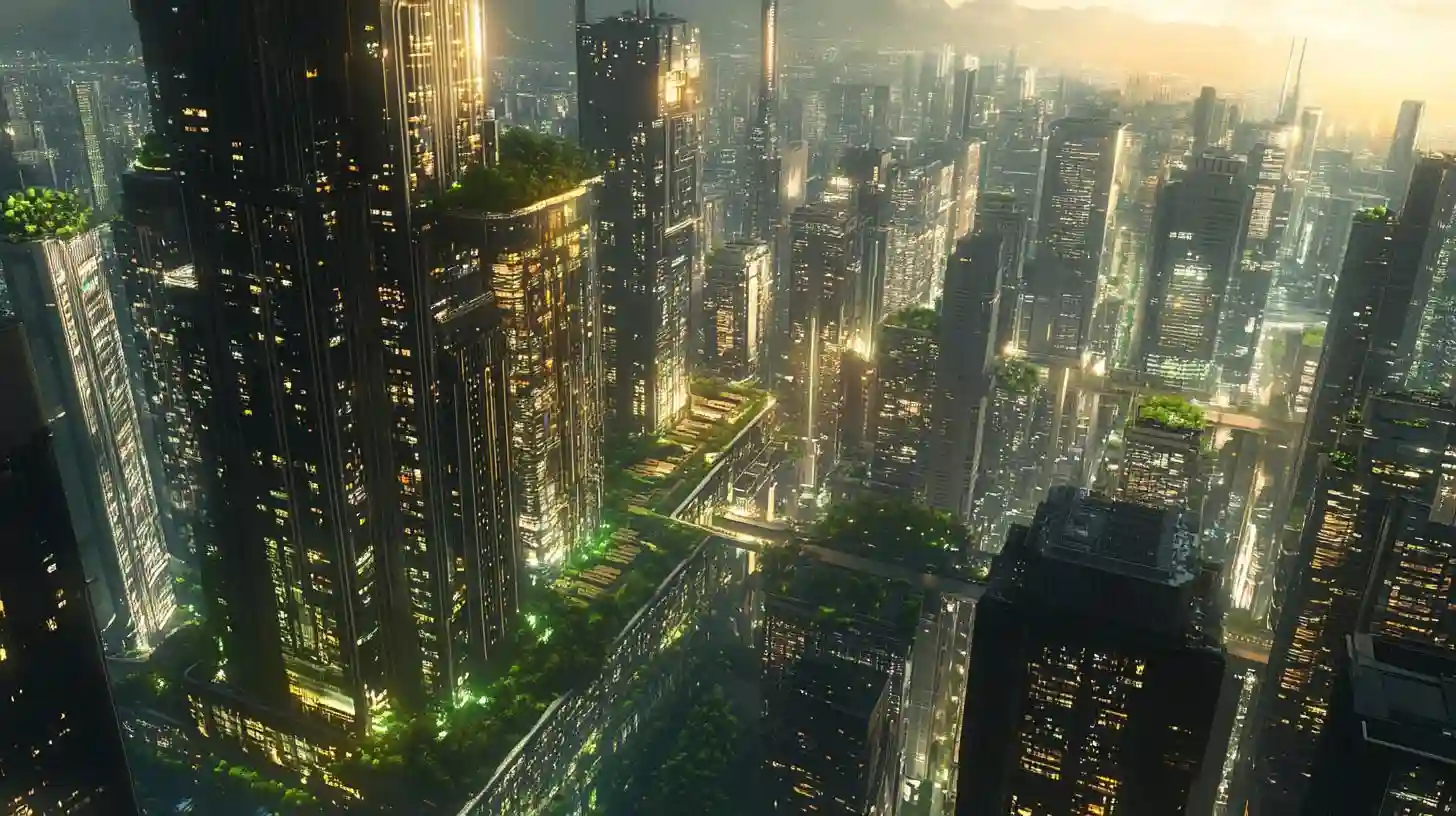
As we envision future cities, one cannot help but be captivated by the rapid evolution of technology and the transformative impact of digital advancements on urban living. Cities are increasingly adopting smart technologies, promising to enhance the quality of life for their residents while addressing pressing challenges such as climate change, overcrowding, and inefficiencies in transportation. The culmination of these efforts will redefine urban landscapes, turning them into interconnected ecosystems brimming with innovation and sustainability.
At the heart of this transformation lies the Internet of Things, which facilitates the connection of everyday objects and infrastructure to the internet, allowing for real-time data exchange and analysis. This interconnected web creates a dynamic environment where buildings can communicate with one another, optimizing energy usage and improving overall efficiency. Smart grids will revolutionize electricity distribution, automatically adjusting supply based on demand and enabling the integration of renewable energy sources like solar and wind. This shift will inevitably lead to a significant reduction in carbon emissions, paving the way for more sustainable urban futures.
Mobility is another sector undergoing a profound makeover. The rise of autonomous vehicles and shared transportation services addresses the issue of traffic congestion while promoting eco-friendliness. In future cities, traffic patterns will be analyzed continuously, and real-time data will inform route optimization for vehicles, public transport, and bicycles. Pedestrian-friendly designs will be favored, encouraging more walking and biking. The introduction of electric and shared vehicles will cut down on pollution and road congestion, making commutes less stressful and more efficient. These changes are not merely about enhancing transport; they are about reshaping how people engage with their cities and each other.
Moreover, urban design is evolving to prioritize green spaces and ecological sustainability. Vertical gardens, green roofs, and urban forests will be interspersed amongst new and existing infrastructure, improving air quality and promoting biodiversity. Parks and recreational areas will be integrated into city planning, enhancing community wellbeing and providing residents with a much-needed respite from the urban hustle. Biophilic design principles will be embraced, ensuring that nature plays a prominent role in urban environments. Combined with innovative waste management systems that utilize advanced recycling technologies, future cities will embody principles of the circular economy, minimizing waste and maximizing resource efficiency.
Alongside environmental advancements, digital technologies will redefine the way city officials and residents interact and collaborate. Civic technology platforms will emerge, enabling transparency in governance and encouraging citizen participation in decision-making processes. Residents will leverage these tools to voice concerns, propose initiatives, and engage with local authorities easily. This digital engagement fosters a sense of community and empowers individuals to contribute actively to the city's evolution. Additionally, data analytics will allow for better urban planning, predicting trends and needs based on real-time information, making cities more responsive to the evolving demands of their populations.
The healthcare infrastructure of future cities will also experience a significant digital transformation. Telehealth services will become commonplace, reducing the strain on hospitals and allowing for more personalized healthcare experiences. Wearable health technology will monitor individual well-being continuously, while smart city initiatives will support public health by promoting accessibility to healthcare facilities and ensuring equitable service delivery. This emphasis on health and wellness will have profound effects on the quality of life for city dwellers, punctuated by smarter public health responses to various challenges.
Education will be revolutionized through digital advances, as future cities leverage technology to create more inclusive and dynamic learning environments. Online learning platforms and immersive technologies, such as virtual and augmented reality, will provide students with unique opportunities to explore and engage with their subjects. Schools will increasingly become community hubs, fostering collaboration between students, parents, and local organizations that promote skill development and lifelong learning. By nurturing a culture of innovation and creativity, future cities will cultivate a workforce equipped to tackle the challenges of the future.
Ultimately, future cities are poised to be vibrant, sustainable, and inclusive environments that respond to human needs and aspirations. As advancements in technology continue to unfold, city planners and leaders are presented with an opportunity to reimagine urban living holistically. By integrating sustainable practices, fostering civic engagement, and leveraging innovative solutions across sectors, the metropolitan areas of tomorrow will not only enhance the living experience for residents but also serve as models for global urban development. Embracing this vision means redefining the urban experience and setting the stage for a brighter, more connected future.